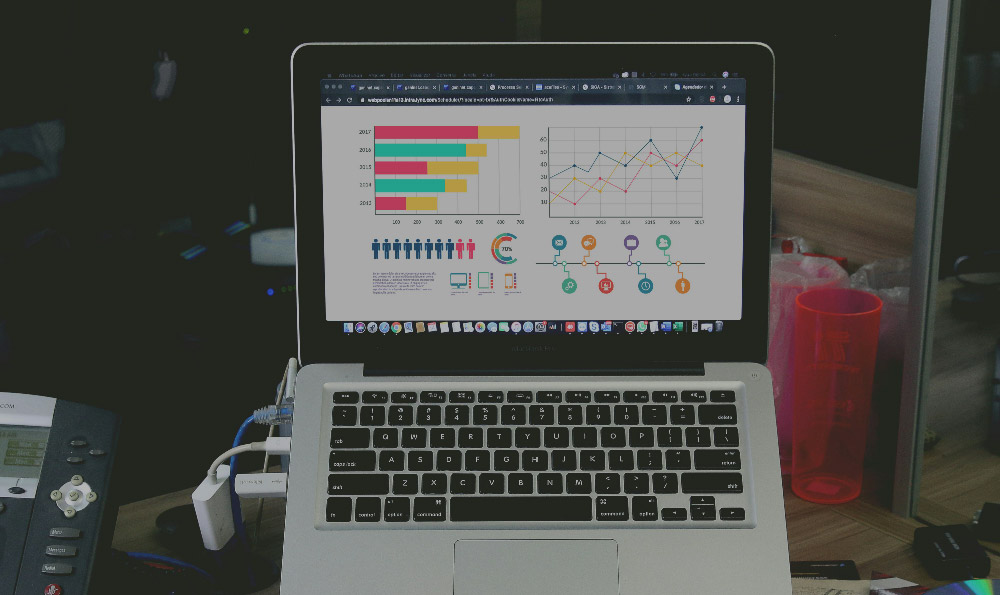The question of how much senators earn and the connection between their earnings and lobbying efforts is a complex one, deeply intertwined with issues of transparency, influence, and the public trust. Understanding the financial realities of a senator's position and the dynamics of lobbying provides crucial insight into the potential for conflicts of interest and the integrity of the democratic process.
The official salary for a United States Senator is currently \$174,000 per year. This salary is set by law and is the same for all senators, regardless of their seniority, committee assignments, or state representation. The Senate Majority Leader and the President Pro Tempore receive slightly higher salaries, reflecting their leadership roles within the chamber. While this salary is undoubtedly a substantial income for many Americans, it's essential to consider the context in which it's earned. Senators face significant expenses related to maintaining two residences – one in Washington D.C. and another in their home state. They also incur considerable costs associated with travel, staff salaries, and constituent outreach. While senators receive allowances for some of these expenses, the demands of the job can still place a financial strain, particularly on those from less affluent backgrounds.
Beyond their base salary, senators can also receive income from other sources. These sources can include investments, book royalties, speaking fees, and deferred compensation arrangements. However, federal law requires senators to disclose their financial assets and income annually. These disclosures are publicly available and are intended to provide transparency into potential conflicts of interest. The disclosures cover a wide range of assets, including stocks, bonds, real estate, and ownership interests in businesses. They also include information about gifts, travel reimbursements, and other benefits received by senators and their immediate family members. While disclosure is mandatory, the effectiveness of these measures in preventing undue influence remains a subject of debate. Critics argue that the disclosure requirements are not stringent enough and that the penalties for non-compliance are too lenient. They also point out that the current system relies heavily on self-reporting, which can be difficult to verify.

The connection between senators' earnings and lobbying efforts is where the issue becomes particularly fraught. Lobbyists are individuals or organizations that seek to influence government policy on behalf of specific interests. They represent a wide range of clients, including corporations, trade associations, labor unions, and non-profit organizations. Lobbying is a legal and constitutionally protected activity, but it can also create opportunities for corruption and undue influence. The concern is that lobbyists can use financial incentives, such as campaign contributions or promises of future employment, to influence senators' votes or policy decisions. This can lead to legislation that benefits special interests at the expense of the public good.
Several mechanisms exist to regulate lobbying and prevent corruption. The Lobbying Disclosure Act of 1995 requires lobbyists to register with Congress and disclose their clients, the issues they are lobbying on, and the amount of money they are spending. The Honest Leadership and Open Government Act of 2007 further strengthened these regulations by increasing disclosure requirements and restricting gifts and travel provided by lobbyists to members of Congress. These laws are intended to provide greater transparency into lobbying activities and to limit the potential for undue influence. However, critics argue that these regulations are insufficient to address the underlying problem. They point out that the revolving door between government and the lobbying industry – where former members of Congress and their staff become lobbyists – creates a significant conflict of interest. Individuals with insider knowledge and established relationships within the government are highly sought after by lobbying firms, and their ability to influence policy decisions is significantly enhanced.
Furthermore, campaign finance laws play a crucial role in the connection between senators and lobbyists. Senators rely on campaign contributions to finance their re-election campaigns, and lobbyists often contribute heavily to these campaigns on behalf of their clients. This creates a system where senators are beholden to the individuals and organizations that provide them with financial support. While there are limits on the amount of money that individuals and organizations can contribute to campaigns, these limits are often circumvented through the use of political action committees (PACs) and super PACs. These organizations can raise and spend unlimited amounts of money to support or oppose candidates, and they are often funded by wealthy individuals and corporations with a vested interest in government policy. The influence of money in politics has become a major concern in recent years, and many reformers are advocating for stricter campaign finance laws to reduce the power of special interests.
Addressing the potential for corruption and undue influence in the relationship between senators and lobbyists requires a multi-faceted approach. Strengthening disclosure requirements, tightening campaign finance laws, and closing the revolving door between government and the lobbying industry are all essential steps. It's crucial to ensure that senators are held accountable for their actions and that the public has access to the information necessary to assess their performance. Ultimately, maintaining public trust in the integrity of the Senate requires a commitment to transparency, ethical conduct, and the principle that elected officials should serve the interests of all citizens, not just the wealthy and powerful. This includes promoting media literacy so the public can critically analyze information and identify potential biases or hidden agendas. It also necessitates ongoing dialogue and debate about the role of money in politics and the need for reforms to protect the democratic process.











